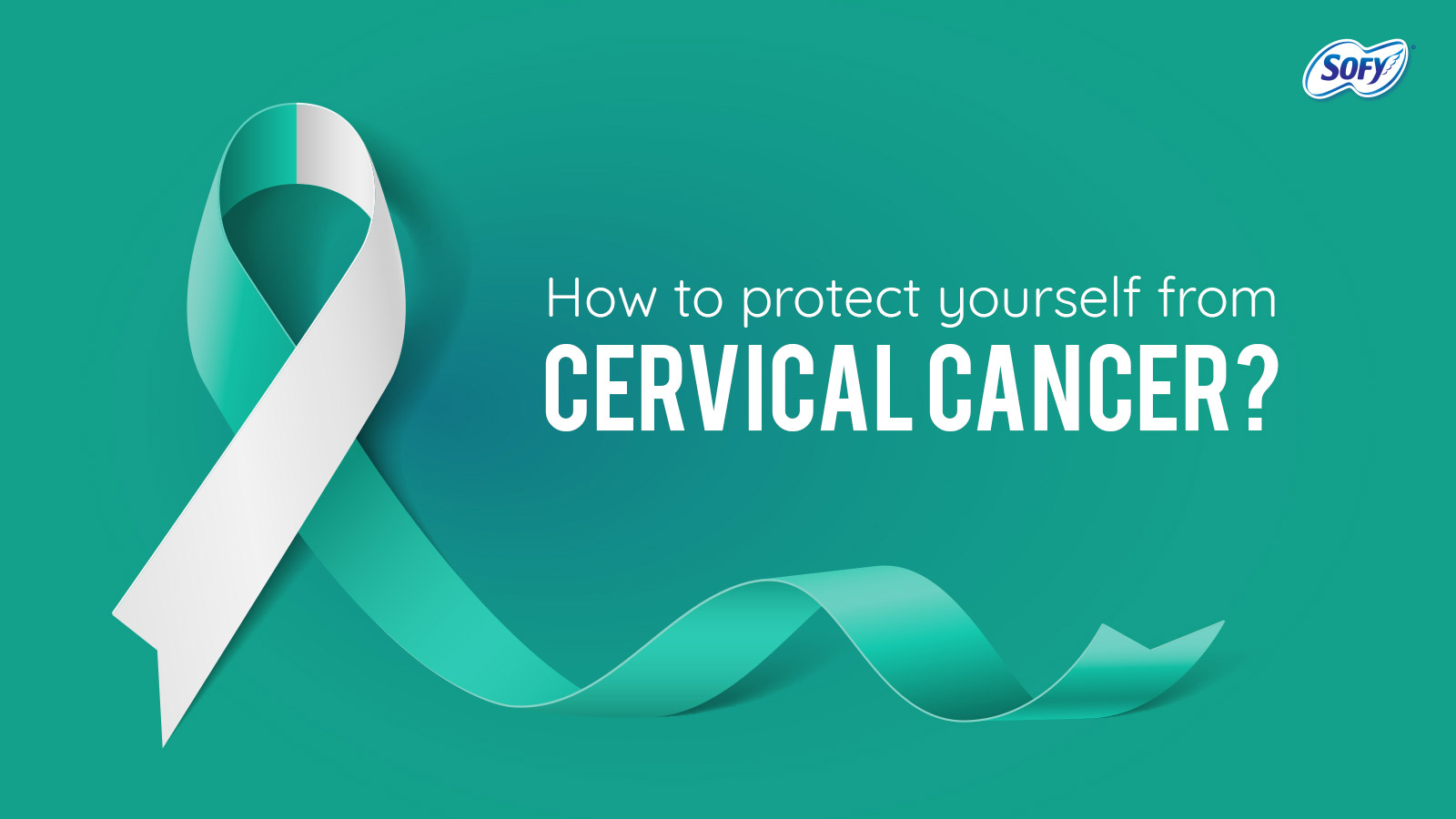Cervical cancer is the second most common cancer in Indian women, the first being breast cancer. The cervix is the lower part of the uterus that connects the vagina and uterus. Sometimes an abnormal group of cells begins to grow in the lining of the cervix, which over time may become cancerous and lead to cervical cancer.
In most cases, cervical cancer is caused by the Human Papilloma Virus which is a sexually transmitted infection. Regular Pap or HPV tests should be done once you are sexually active to detect any abnormal cells. Cervical cancer is preventable and vaccination and screening are the best ways to prevent cervical cancer. Some important tips that can help lower your risk of developing cervical cancer are:
Routine PAP smears test
Getting a Pap smear test helps to identify abnormal cells in the cervix and treat it before they turn cancerous. Pap tests are done once a woman is sexually active. Pap test should be done once every three years after the age of 21. And after 35, one can get it done every five years.
HPV vaccine
The leading cause of cervical cancer is HPV (Human Papilloma Virus). Gardasil and Cervarix are the two vaccines available that can protect girls against HPV infections. HPV vaccines work best when given to preteens as they have a good immune response to the vaccine. However, the vaccination can be administered to girls between 12-26 years. The vaccination should be given before one gets sexually active.
Avoid multiple sex partners
Having many sex partners exposes you to HPV and increases the risk of cervical cancer. Be monogamous as it lowers the risk of getting HPV.
Quit smoking
Smoking increases the risk of cervical cancer. If you smoke, you are twice as likely to get cervical cancer as compared to a non-smoker. Give up the harmful habit of smoking to protect yourself against cancer.
Use condoms
It is essential to practice safe sex. Use a condom during intercourse as it reduces the risk of contracting sexually transmitted diseases, and thereby protects you against getting HPV and cervical cancer. But condoms do not provide absolute protection and so it is vital to get vaccinated also.












